Doctors’ offices across the country are seeing increased cancellations but staying in contact with patients as much as they can during the COVID-19 pandemic, according to new data. That’s true among independent practices, health system owned physician groups and the full range of specialty organizations.
Research from Luma Health, a patient engagement platform vendor, analyzed appointment cancellations across its 12 million patient database and found that they were up 108% in March because of COVID-19. Luma’s data found that 52% of primary care practices report a severe or near severe impact on their practice thanks to the decrease of volume.
Luma found that the number of cancellations varied across specialty. Cosmetic surgery, ENT and dermatology saw the most, while radiology and orthopedics saw the fewest. Every specialty, however, saw an increase from February though some are more dramatic than others.
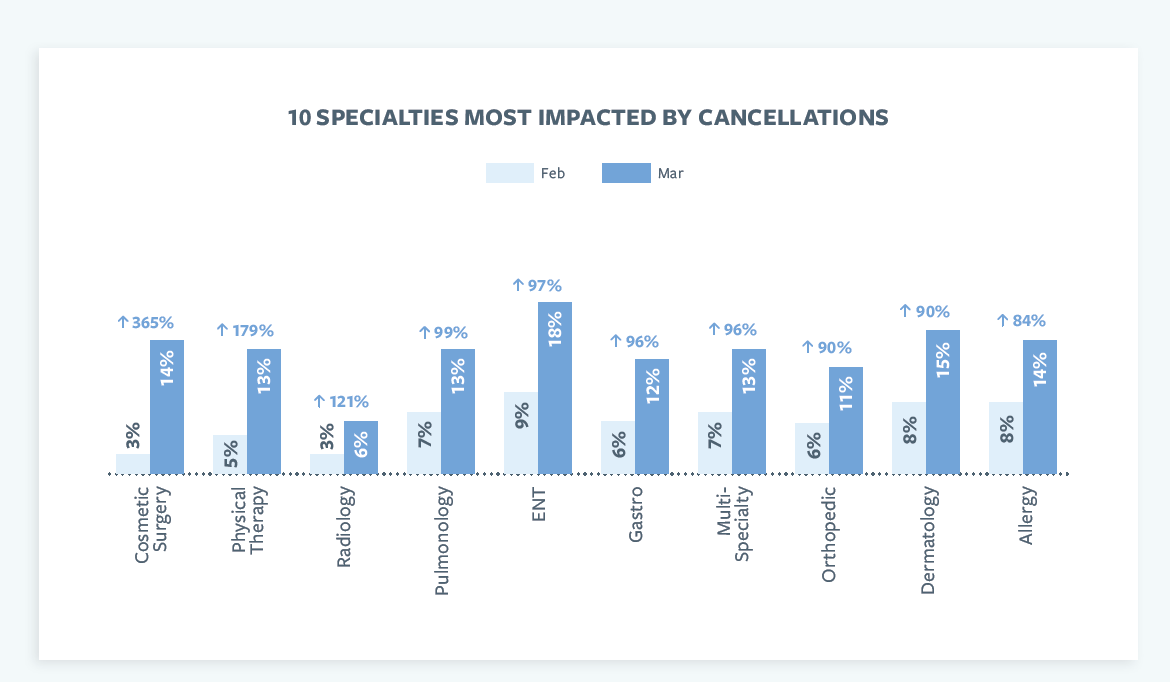
The cancellations also varied across the country, with the Northeast seeing the most and the West seeing the fewest.
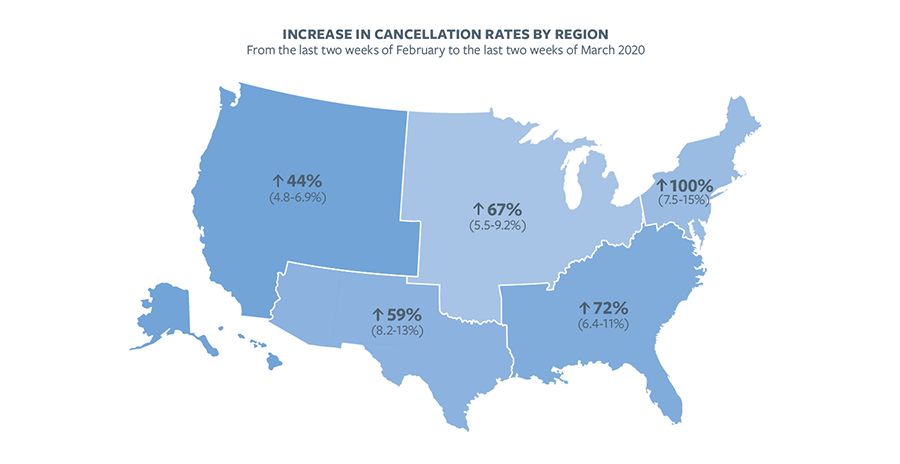
Luma’s data aligns with other studies measuring the impact of COVID-19 on the outpatient care world. The Commonwealth Fund found that the number of visits to ambulatory practices declined nearly 60 percent in mid-March and has remained low through mid-April. Commonwealth Fund also found that the number of cancellations were the greatest in the northeast region as well.
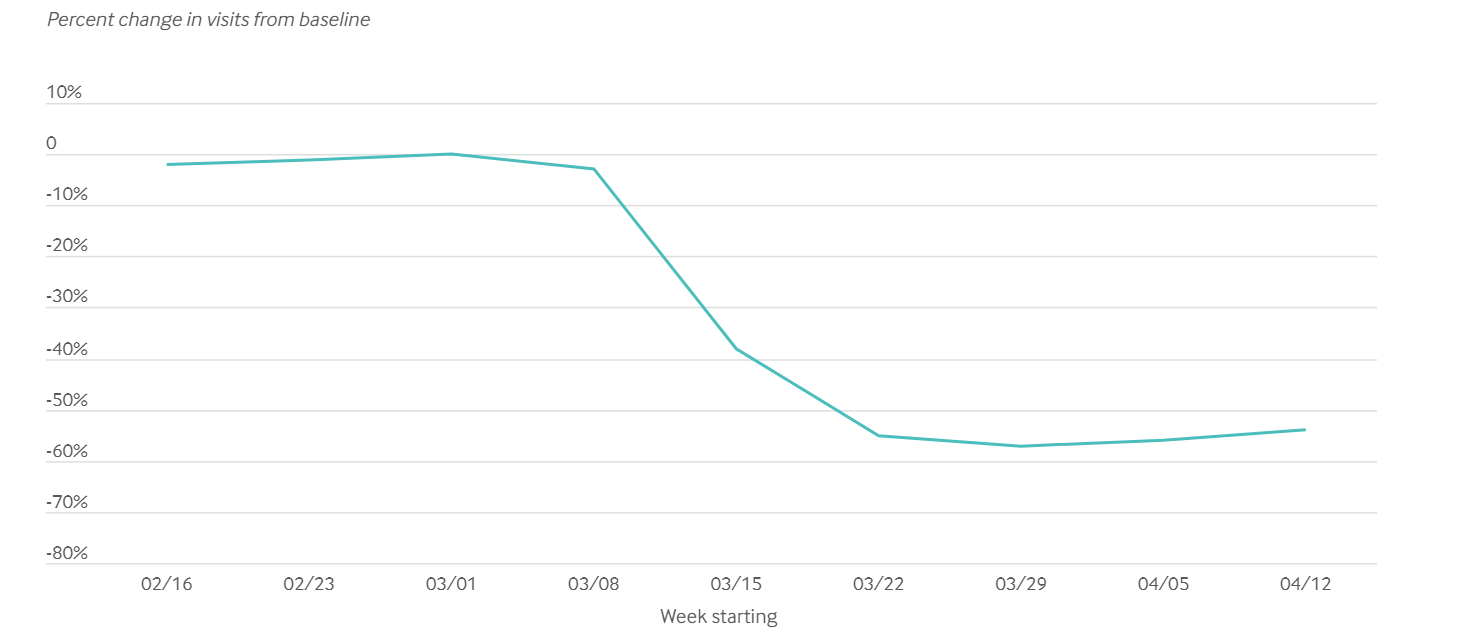
Commonwealth reported its own variance in the specialties most impacted by these cancellations.
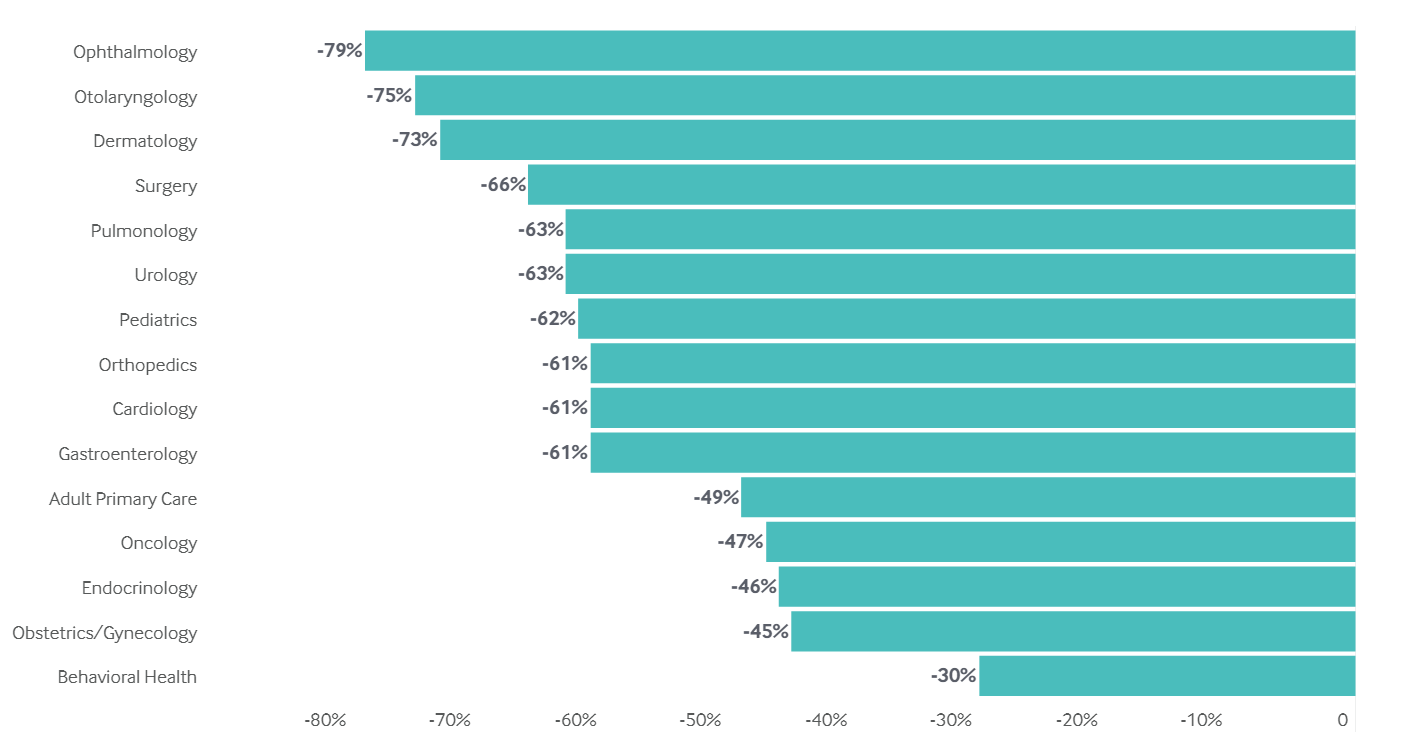
On the other hand, there was an increase in the number of communications that providers have had with patients, according to the Luma. Of the 1.56 million messages sent between January 1 – April 5, 2020 on Luma’s network, 1.49 million messages were delivered between March 1 and April 5 to combat the coronavirus.
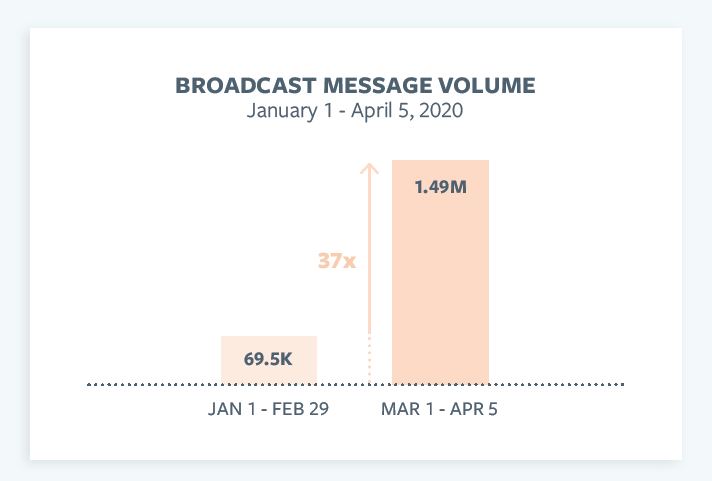
The increase also varied by region. The west led with a 40x increase in broadcast messages to patients, followed by the southeastern region with a 23x increase.
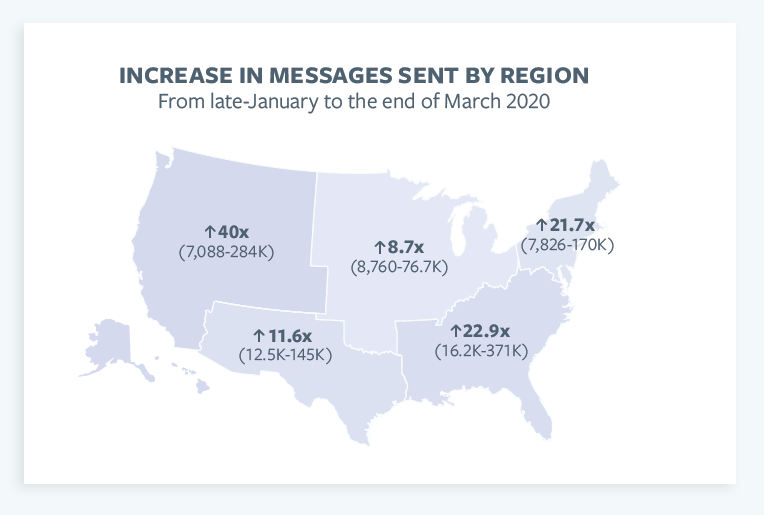
According to Commonwealth Fund, nearly 30 percent of all visits at the participating ambulatory practices are now provided via telemedicine. But this does not offset the decrease in patient visits that have come from appointment cancellations.










